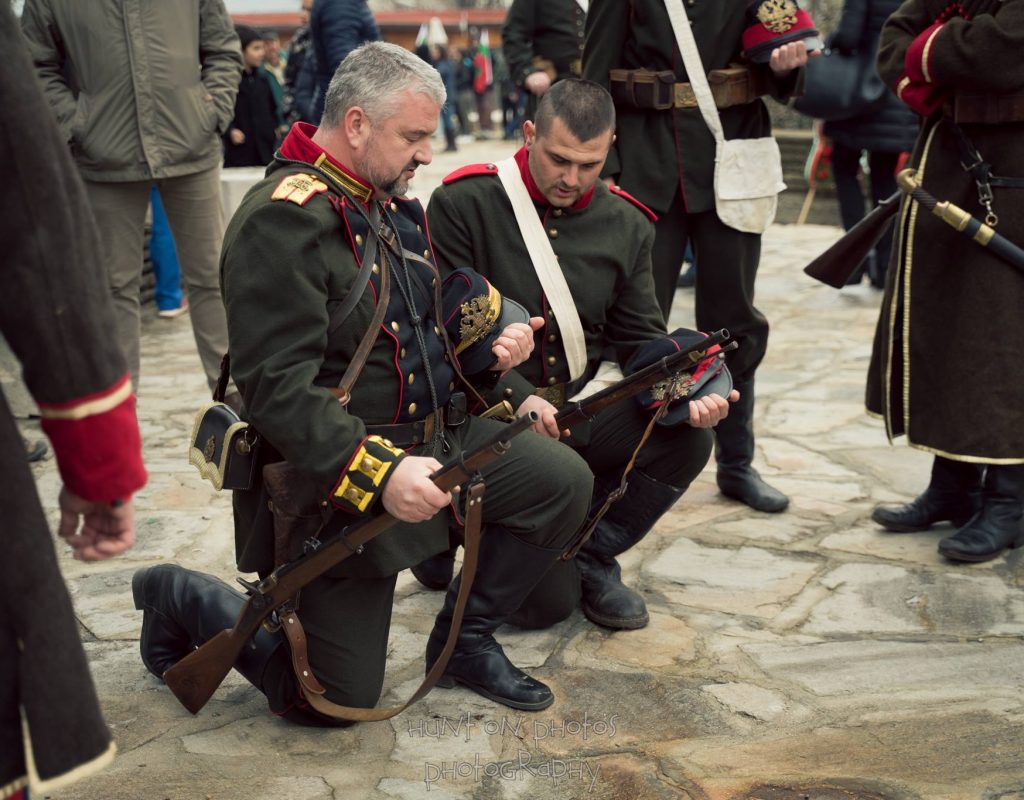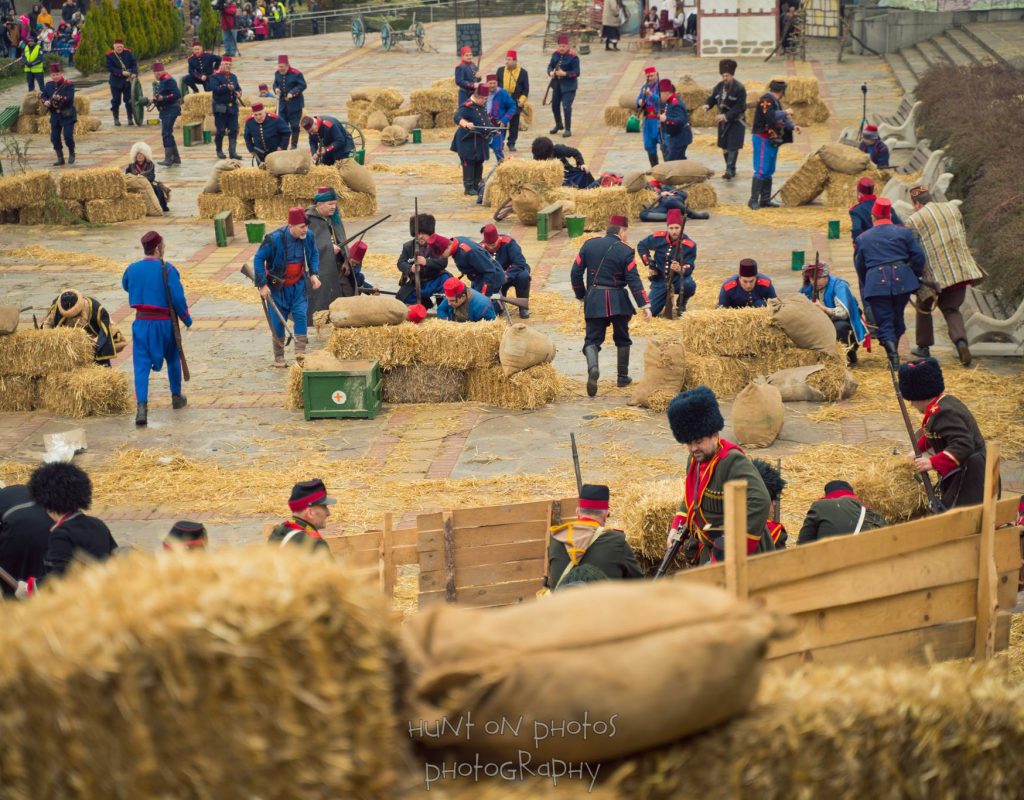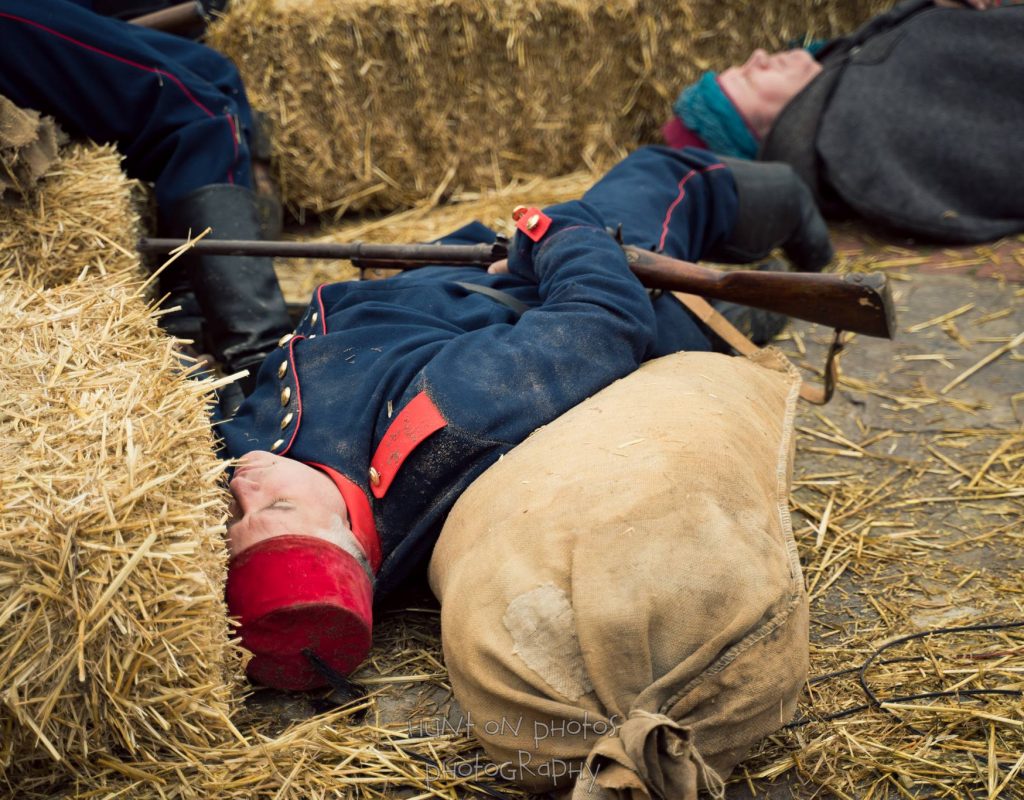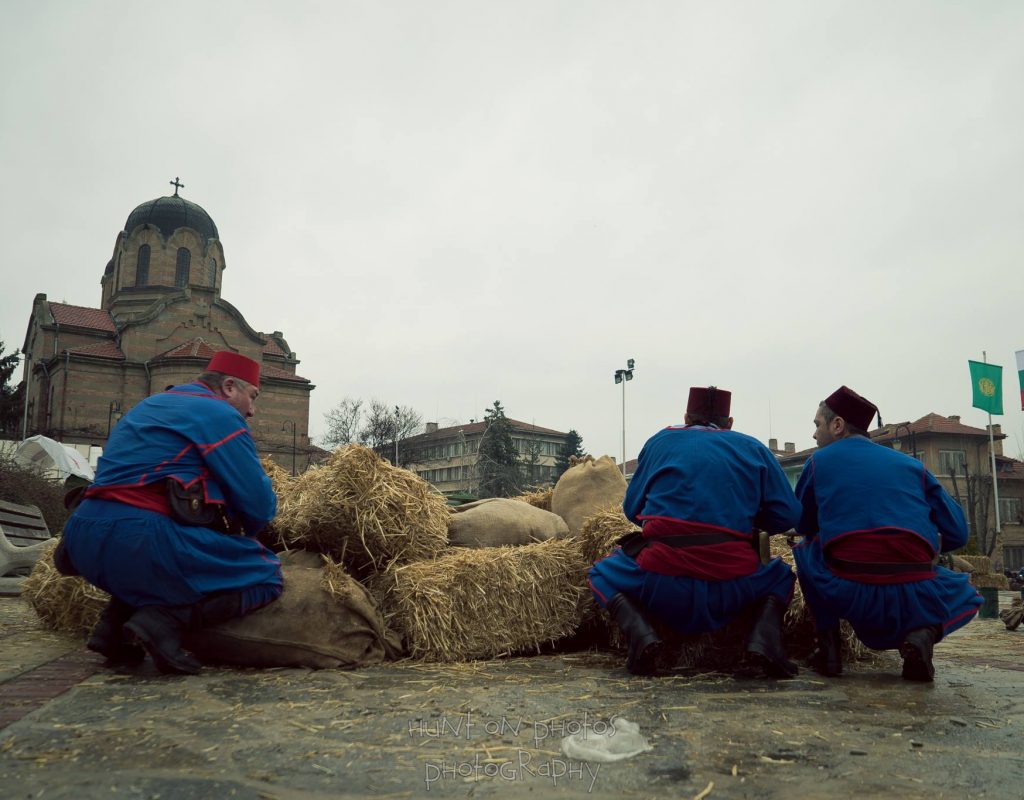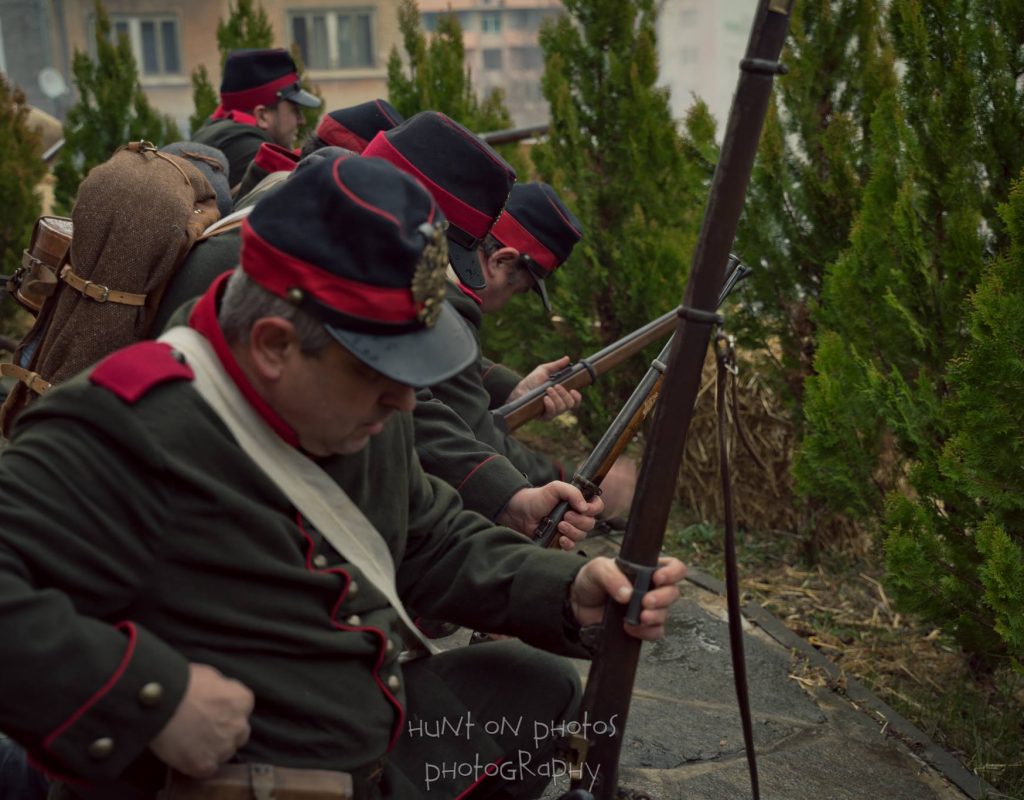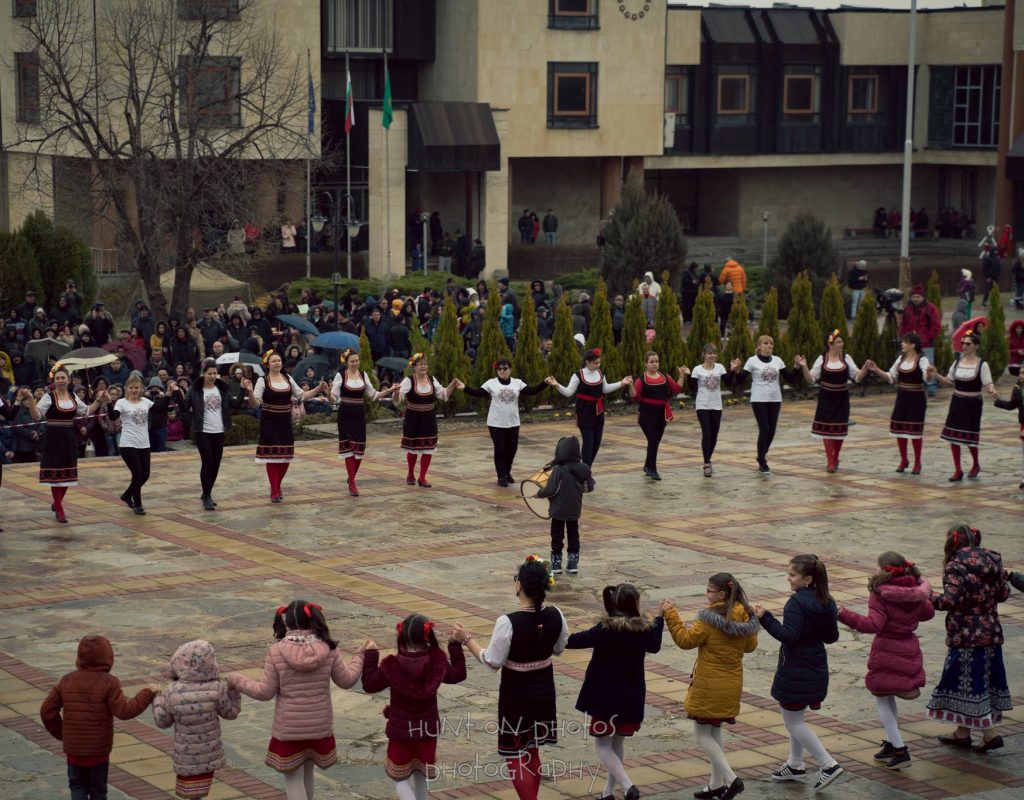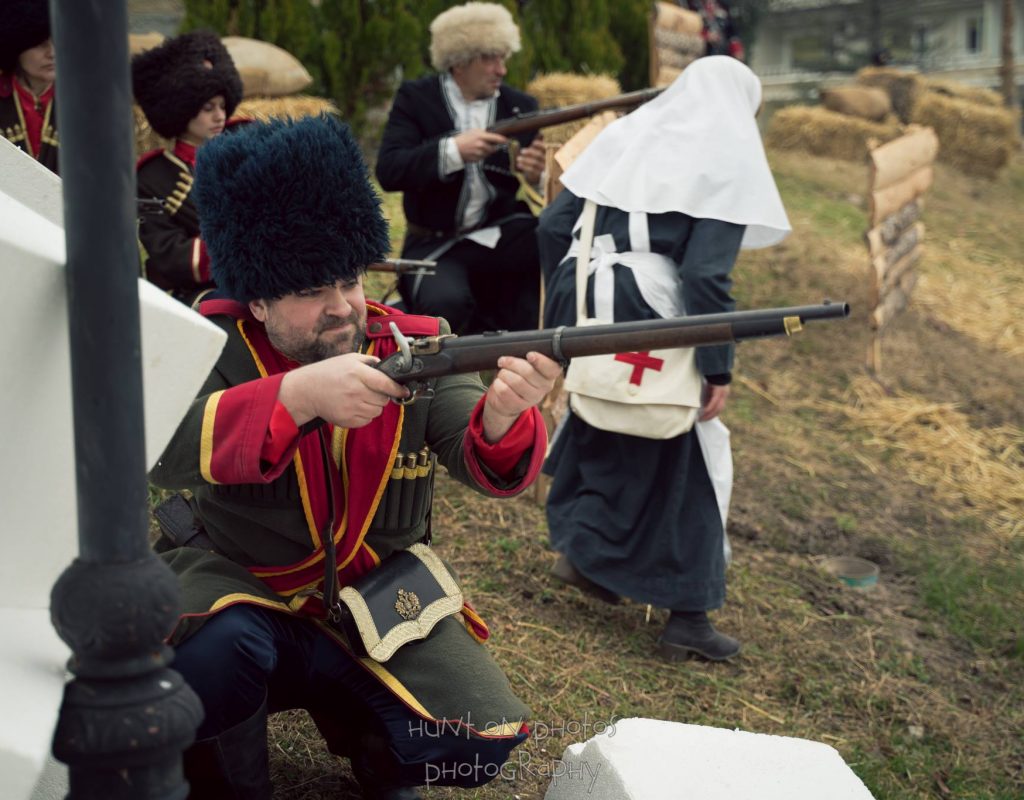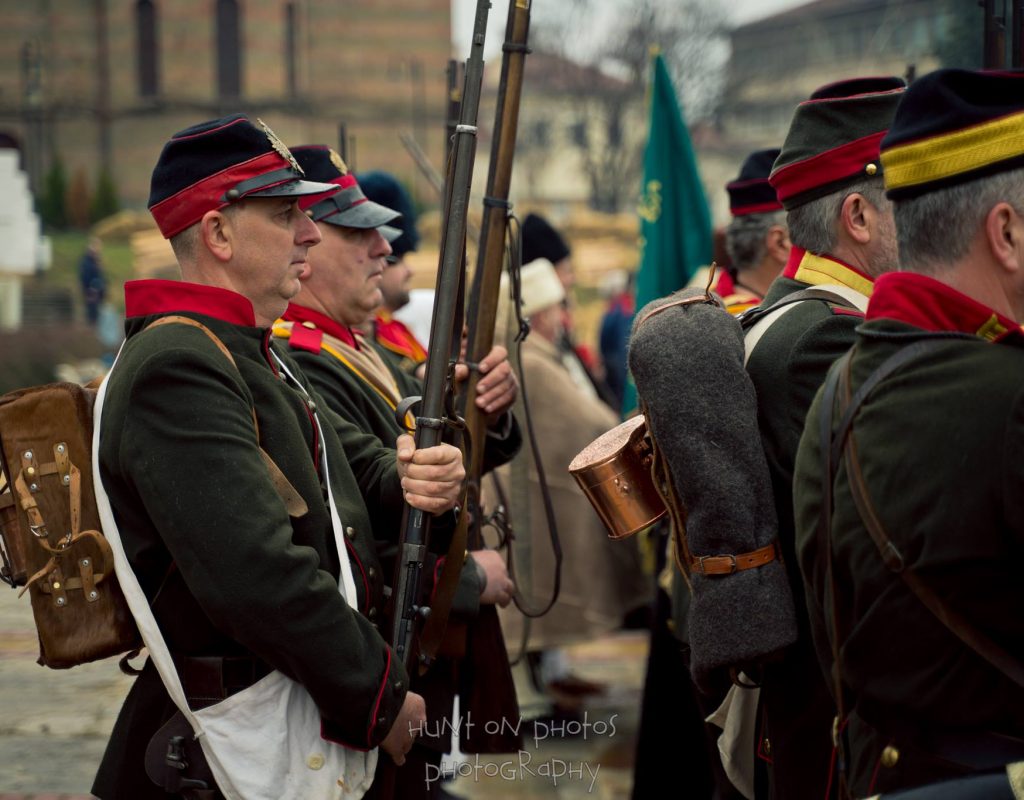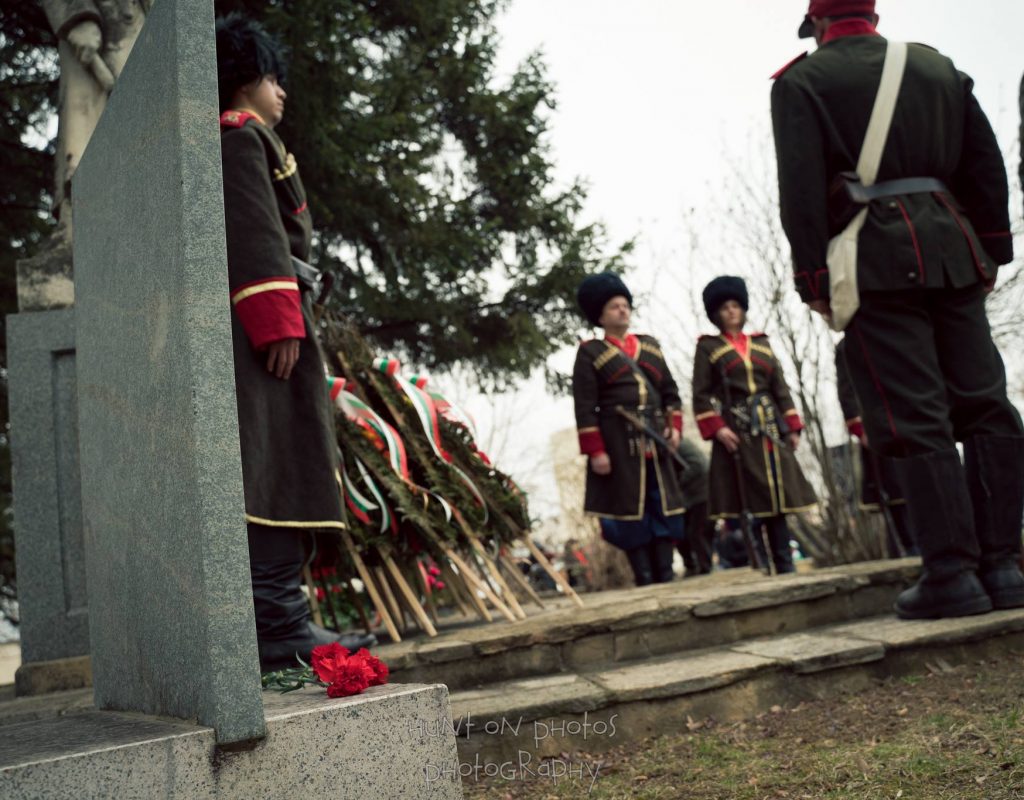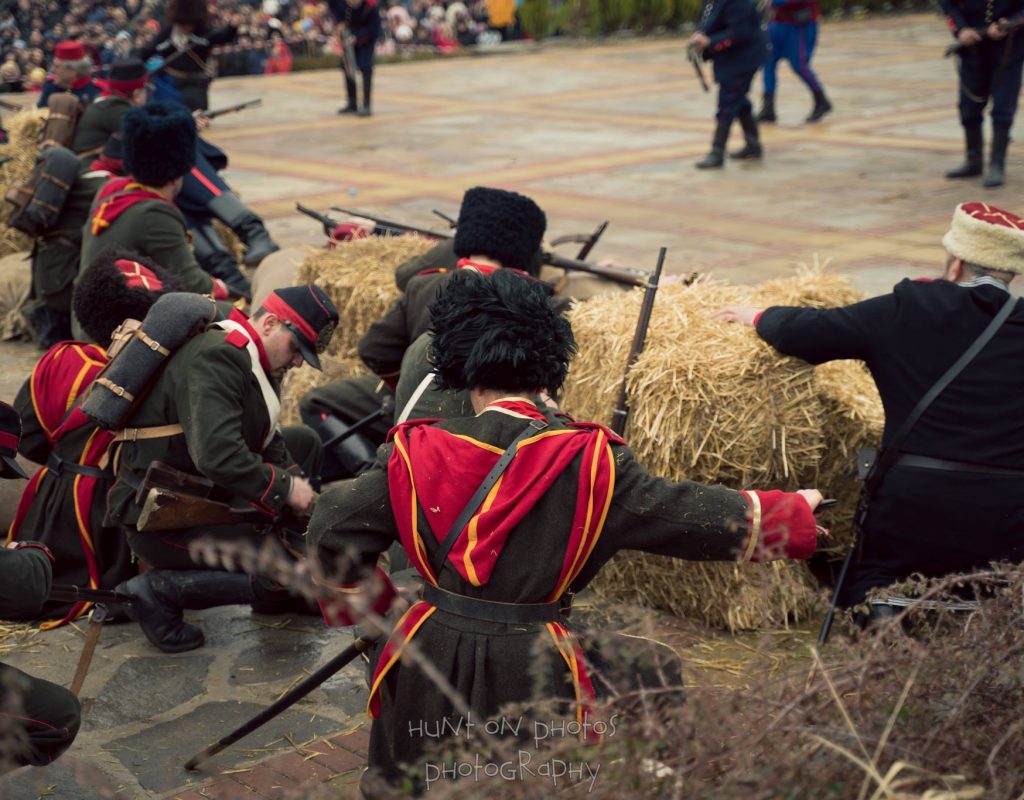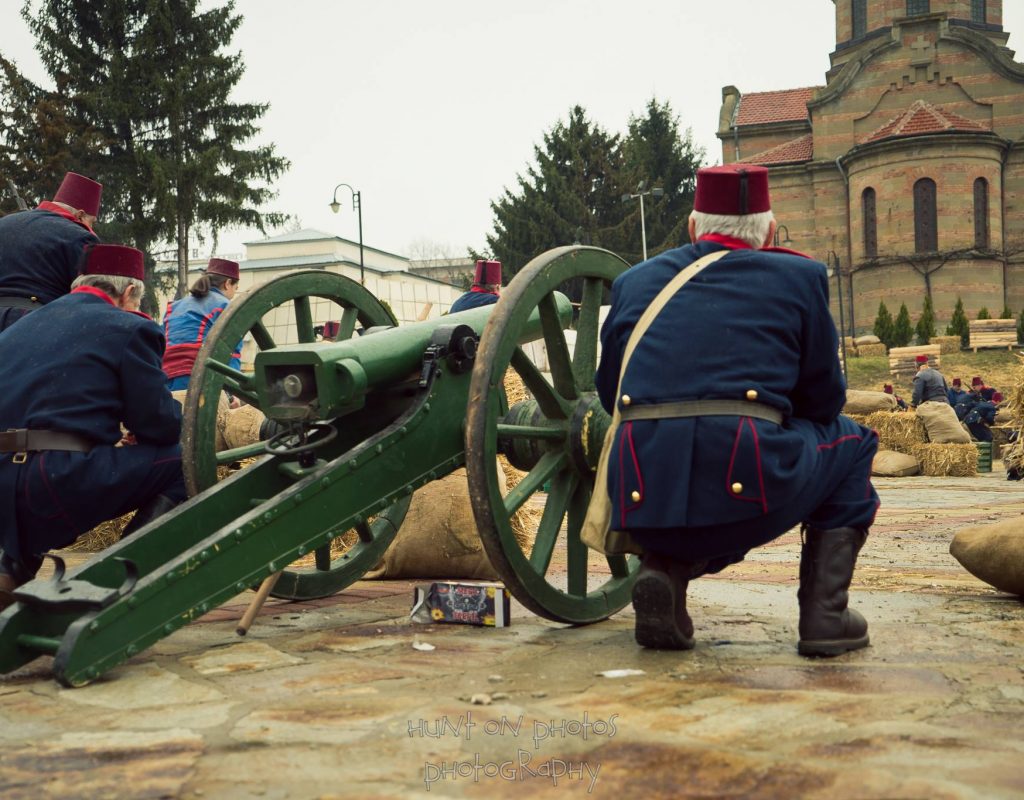Liberation Day- Bulgaria freed from Ottoman rule
Celebration of March 3
Tradition and Ritual
On this official non-working day, the people of Preslav were invited to celebrate the anniversary of their country's independence from the Ottoman’s domination. Despite the chilly temperatures of this: month of March, the crowd was there as early as 9 a.m. to attend the celebrations: young singers of Preslav sang songs celebrating the country's freedom, and under the eye of the mayor of the town, a wreath was left down at the bottom of the commemorative stone of the village.
The festivity continued in the afternoon when traditional Bulgarian dishes were made and free to be served. The soup, in particular, was very appreciated to endure the cold temperatures and assist in the most spectacular part of all the festivity: the re-creation of several battles of the Independence War. The display was impressive: dozens of passionate wearing Russians, Ottomans, or Bulgarian fighters’ costumes recreates for more than two hours battle after battle, accompanied by the sounds of canon and explosions that were carefully set up to make the recreation more authentic. Adding to that display, some structures representing Bulgarian houses were burnt, as to make us see that the liberation was not the product of a casualty free war.
To put it all in a nutshell, quite a memorable day to celebrate what might be the most important date in the modern history of Bulgaria.
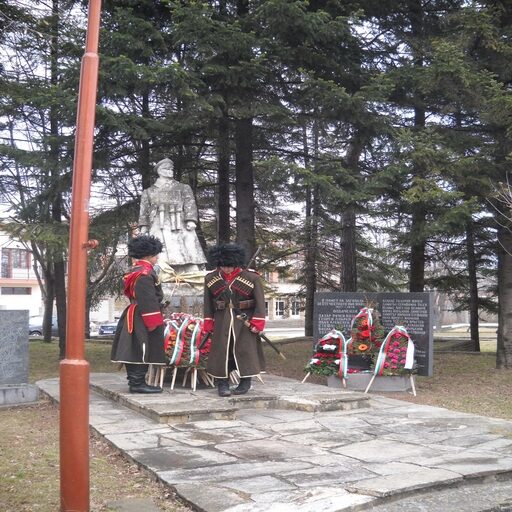
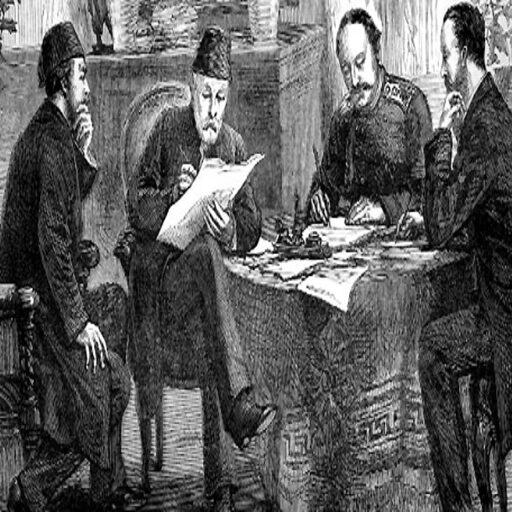
Historical Context
The date of the 3rd of March, which celebrates Bulgarian independence, is the date of the signature of the treaty of San Stefano: on this day and after four centuries of Ottoman domination, a Bulgarian principality was scheduled to happen after the military victory of the Russian over the weakened ottoman occupant.
This moment is the coronation of all the Bulgarians' efforts for their independence, which can be at all-time high years prior during the great Bulgarian revolutionaries’ movements in April 1876. This movement, inspired by another movement for national independence in the area (Greek revolt, Serbian independence…) was prepared from outside by clandestine revolutionary comities, stationed mostly in close Romania and Serbia. As a charismatic leader of this rebellion, we found Vasil Levski, nowadays maybe the most revered Bulgarian in his own country was no more in 1876, but he had set the movement in March. Alas, the 1876 movement was crushed and the repression by the Ottoman authorities had a great repercussion even in western Europe, where France and England, although military allied with the Empire were shocked and did nothing to help it when the Russian Empire declared war on the Ottomans, stopping them only when they were about to siege Istanbul.
If today the signing of the San Stephano treaty is regarded as the national day for Bulgaria, the shaping of modern-day Bulgaria took several years and included several wars with their neighbor. But this particular day was chosen because it was the defeat of the hated occupant and the begging of a concrete way to self-determination for Bulgarian.


